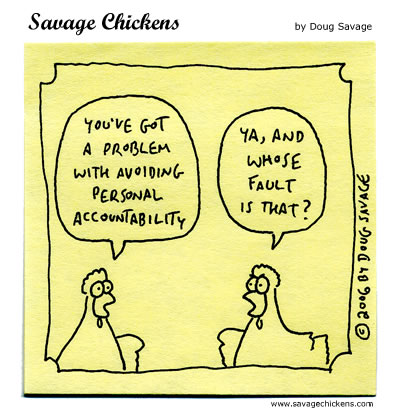I returned from my weekly local Buddhist Meditation group this evening and I must say I really love it. And not for any reason you could easily imagine. It’s not that it’s necessarily so educational, although it occasionally can be with some interesting talks by speakers. It’s not that I love the people who go there, although I do, even though sometimes it feels like a gathering in the land of misfit toys. It’s not even that I love the Buddha’s teachings, although I generally do. The thing that I love most about being at the sangha (Buddhist term which roughly translates to community) is that it can bring up all sorts of reactivity in me and I can so naturally in that setting just sit there and pay attention to whatever is arising. Meditating by oneself can be a good way to learn about our own minds, and sitting with others can be a wonderful support for a meditation practice, but just being with people who can press your buttons, now there is the best teacher of them all.
To awaken, in spiritual terms, generally means to come to know and understand one’s mind and be able to see it for what it is, an autonomous and impudent entity which operates under the delusion that it truly is who we are. Awaken is a great word in this context because of the obvious implication that we are otherwise generally asleep. If we really want to awaken, the best place to start is in paying attention to our reactivity. When we feel upset, frustrated, angry, hateful, jealous, anxious, left out, fearful or any other number of feelings that have an emotional charge to them, it is as if the doors of opportunity have suddenly been flung open and we have a chance to see the things that keep us from being our natural, simple, content selves. In a setting like the weekly Buddhist meeting I just mentioned, it is doubly powerful, since when I am there it is so easy to stay with and attend to my experience because it’s perfectly normal to just sit there as reactivity arises. I don’t have to say a word or act any particular way, just sitting quietly is sufficient.
As I sit and allow feelings to naturally arise, I can witness them without engaging them and acting them out. As I allow my curiosity to arise, I can probe more deeply into the experience, inquiring:
- Why does this particular person or situation have such a strong effect on me?
- What is it about me that is causing such a strong reaction in me? (other’s might have completely different responses so there must be something particular to me that brings about this reactivity).
- What does it feel like in my body? Is the feeling located somewhere?
- Is it a familiar feeling?
- Can this feeling be traced back to earlier times in my history?
The more we focus on ourselves and our experience in this type of situation, the less we blame others or situations for our plight, and the more we learn to claim responsibility for whatever is arising in us. Sure, somebody might be acting/speaking completely inappropriately, but that’s their thing. What is my thing, this thing that is arising in me? To me that is a much more interesting question. It’s easy to blame the other, but in my experience, it’s far more entertaining and educational to be curious about our own experience. This has the effect of starving the reactive flame of the fuel it really needs. The more illuminated we become about our reactivity, we become much like warm water in relation to the potential flame – comforting, dilutive and inflammable. I love the terms Illuminated and Enlightened too, for whatever they may really mean or however we may or may not get there, they both semantically imply an absorption of light. What better way to bring light to a situation than by actually looking at it, being with it, experiencing it. Shine in, shine on.



